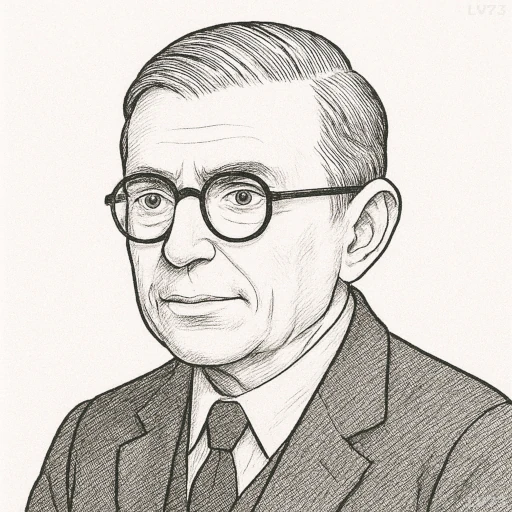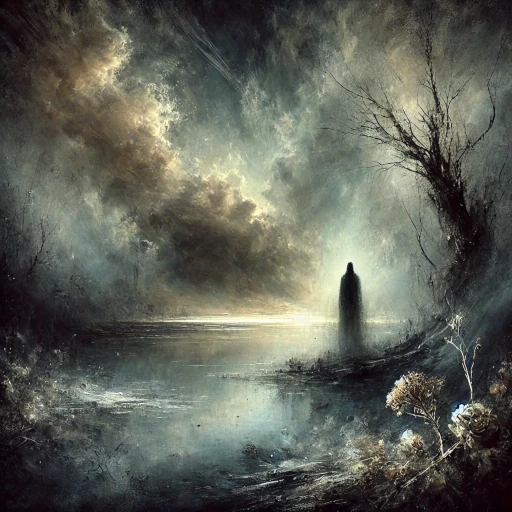“One is still what one is going to cease to be and already what one is going to become. One lives one’s death, one dies one’s life.”

- June 21, 1905 – April 15, 1980
- Born in France
- Philosopher, novelist, playwright
table of contents
Quote
“One is still what one is going to cease to be and already what one is going to become. One lives one’s death, one dies one’s life.”
Explanation
In this profound statement, Sartre reflects on the temporal nature of existence and the constant process of becoming. By saying “one is still what one is going to cease to be and already what one is going to become,” Sartre points out that identity and existence are fluid, always in a state of transformation. The future is always shaping the present, and our choices and actions are constantly pushing us toward what we will eventually become. The past and future are not separate from the present but are deeply intertwined with our current state of being. In this sense, Sartre suggests that we are always in transition, caught between who we were, who we are, and who we will be.
The second part of the quote, “one lives one’s death, one dies one’s life,” emphasizes the idea that our awareness of mortality influences how we live. We do not simply live and then die; instead, death is always a part of our life because it shapes our choices, values, and perceptions. Sartre’s existentialism is deeply concerned with the tension between freedom and mortality. The knowledge that we will eventually die forces us to confront the meaning of our life and take responsibility for how we live it. In this way, we are living our death as we move toward it, and we are dying our life as we approach the end of our journey. This perspective makes death a part of life, not a separate event, and underscores the inevitability of change and self-creation.
In modern terms, this quote resonates with the human experience of time, identity, and legacy. It challenges the idea that life is a series of distinct phases and instead presents it as a continuous process of becoming. The quote calls attention to how death is not something external to our life but something that is always part of the human condition, shaping how we act, choose, and define ourselves. Sartre encourages us to recognize that we are always becoming who we will be, and in doing so, we must live with the awareness of our mortality—making our choices all the more significant, as they are not only shaping our present but also our future identity and legacy.
Would you like to share your impressions or related stories about this quote in the comments section?



